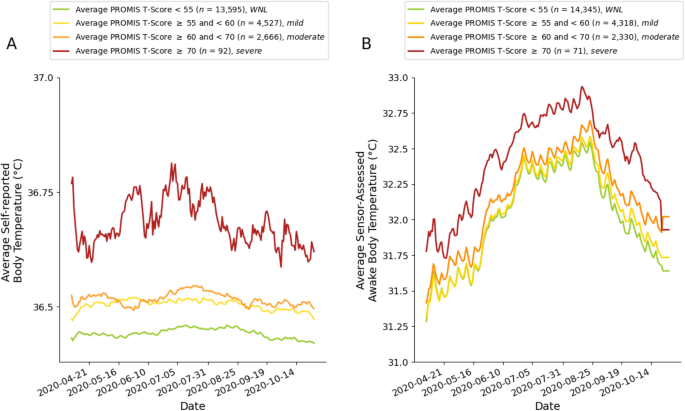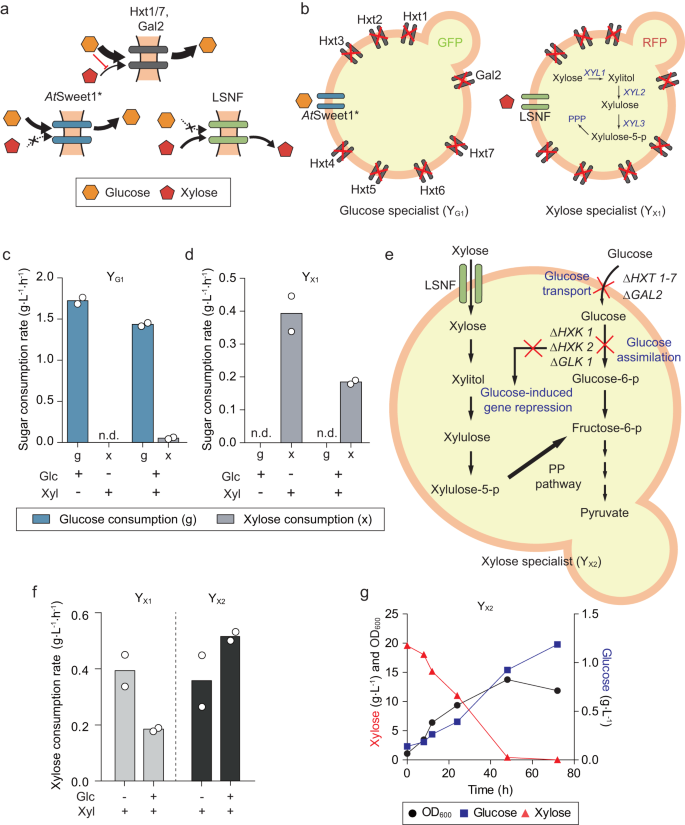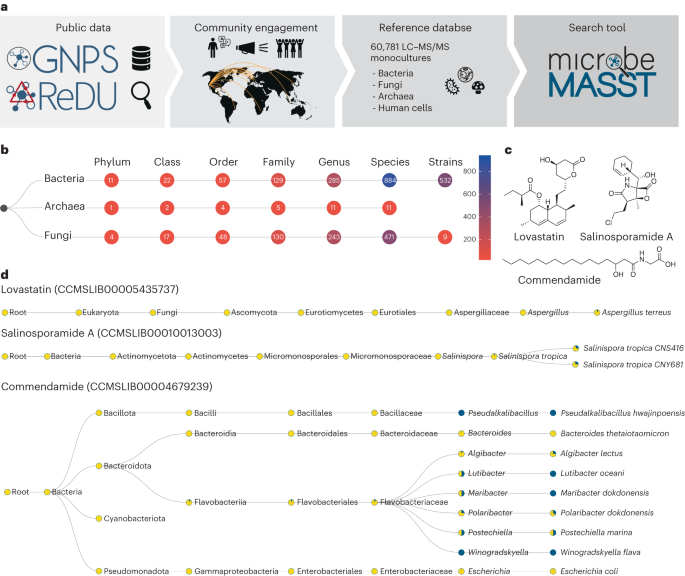2024-02-05 カリフォルニア大学サンディエゴ校(UCSD)
◆この研究は、カリフォルニア大学サンディエゴ校の科学者を含む新しい研究チームによって行われた。研究は、うつ病が体温を上げるのか、それとも高い体温がうつ病を引き起こすのかはわかっていない。また、うつ病の人々に見られる高い体温が、自己冷却能力の低下、代謝過程からの熱の発生の増加、またはその両方の組み合わせを反映しているかどうかもわかっていない。
<関連情報>
- https://today.ucsd.edu/story/researchers-uncover-surprising-link-between-body-temperature-and-depression
- https://www.nature.com/articles/s41598-024-51567-w
体温上昇は抑うつ症状と関連:TemPredict研究の結果 Elevated body temperature is associated with depressive symptoms: results from the TemPredict Study
Ashley E. Mason,Patrick Kasl,Severine Soltani,Abigail Green,Wendy Hartogensis,Stephan Dilchert,Anoushka Chowdhary,Leena S. Pandya,Chelsea J. Siwik,Simmie L. Foster,Maren Nyer,Christopher A. Lowry,Charles L. Raison,Frederick M. Hecht & Benjamin L. Smarr
Scientific Reports Published:05 February 2024
DOI:https://doi.org/10.1038/s41598-024-51567-w

Abstract
Correlations between altered body temperature and depression have been reported in small samples; greater confidence in these associations would provide a rationale for further examining potential mechanisms of depression related to body temperature regulation. We sought to test the hypotheses that greater depression symptom severity is associated with (1) higher body temperature, (2) smaller differences between body temperature when awake versus asleep, and (3) lower diurnal body temperature amplitude. Data collected included both self-reported body temperature (using standard thermometers), wearable sensor-assessed distal body temperature (using an off-the-shelf wearable sensor that collected minute-level physiological data), and self-reported depressive symptoms from > 20,000 participants over the course of ~ 7 months as part of the TemPredict Study. Higher self-reported and wearable sensor-assessed body temperatures when awake were associated with greater depression symptom severity. Lower diurnal body temperature amplitude, computed using wearable sensor-assessed distal body temperature data, tended to be associated with greater depression symptom severity, though this association did not achieve statistical significance. These findings, drawn from a large sample, replicate and expand upon prior data pointing to body temperature alterations as potentially relevant factors in depression etiology and may hold implications for development of novel approaches to the treatment of major depressive disorder.


